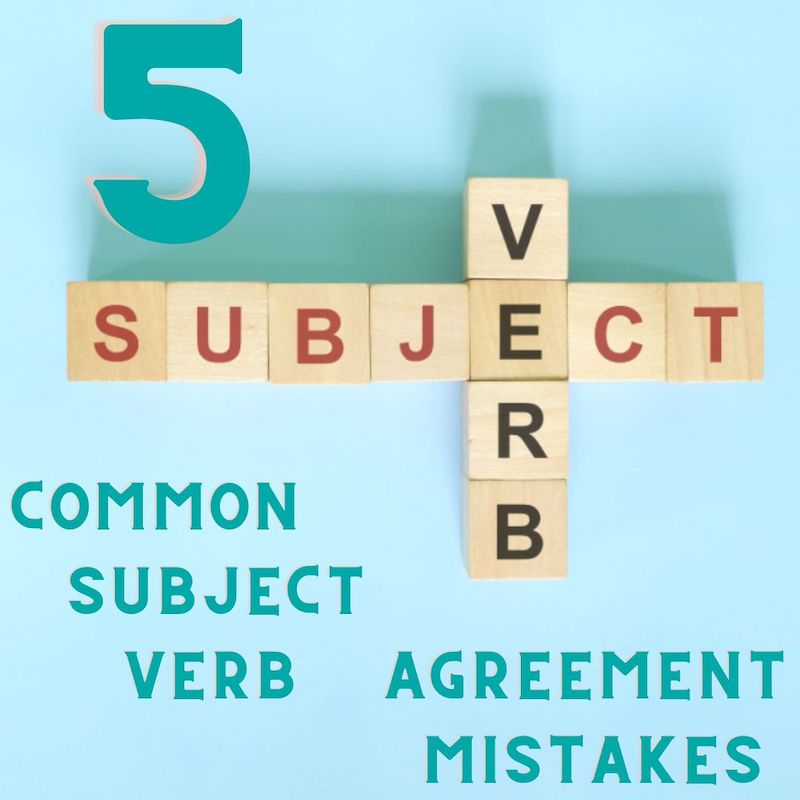Hello friends!
Today let's talk about Subject - Verb Agreement!
Intermediate English Language Learners often make common subject-verb agreement mistakes while acquiring their new language. Since the English language has so many complexities and nuances, these can be difficult to spot and correct, but when students master these skills, it helps them to sound like an expert. In this blog post, we’ll take a look at some of the most common mistakes intermediate ELLs make with subject-verb agreement so that you can help your students avoid them in their own speaking and writing.
1. Incorrect Verb Tense

One of the most common mistakes that intermediate English learners make is using the incorrect verb tense. There are three main verb tenses in English: present, past, and future. Each one is used to describe actions that happen at different times. For example, the present tense is used to describe actions that are happening now, the past tense is used to describe actions that happened in the past, and the future tense is used to describe actions that will happen in the future. It’s important to use the correct verb tense when speaking or writing in English, as using the wrong tense can change the meaning of what you want to say.
2. Incorrect Subject-Verb Agreement

Another common mistake that intermediate English learners make is incorrect subject-verb agreement. This means using a verb that does not agree with the subject of the sentence. For example, if the subject is “I”, then the verb must be in the first person (e.g., “I am”). If the subject is “you”, then the verb must be in the second person (e.g., “you are”). And if the subject is “he/she/it”, then the verb must be in the third person (e.g., “he/she/it is”). It’s important to use verbs that agree with subjects in order to avoid confusion and sound more natural when speaking.
3. Omitting The Verb
Another mistake that intermediate English learners make is omitting the verb altogether. This often happens when people are trying to simplify their sentences or speak more informally. For example, instead of saying “I am going to the store”, someone might say “I go to the store”. While this is technically correct, it does not sound natural and should be avoided when possible.

4. Using The Wrong Verb
Another common mistake is using the wrong verb altogether. This often happens because there are many words in English that have multiple meanings and can be used as both a noun and a verb. For example, the word “run” can mean both “to move quickly on foot” and “to operate or manage something”. When choosing a verb, it’s important to make sure that you are using one with the correct meaning for the context of your sentence.
5. Forming Verbs Incorrectly
The final mistake that intermediate English learners often make is forming verbs incorrectly. This happens when people try to conjugate verbs but do not use the correct ending for the desired tense or mood. For example, regular verbs in English typically end with -ed when they are conjugated into the past tense.
As you progress through each of the above concepts of subject-verb agreement together, your students’ confidence will increase as will their understanding of this complex and important area of English grammar.

Ultimately, it is valuable to remind our intermediate English Language Learners that with practice and dedication, they can conquer any linguistic challenge! To keep their skills sharp, it is incredibly beneficial for students to take the time to review these new concepts.
Thank you for taking the time out of your day and reading through this informative blog post – until next time!



No comments:
Post a Comment